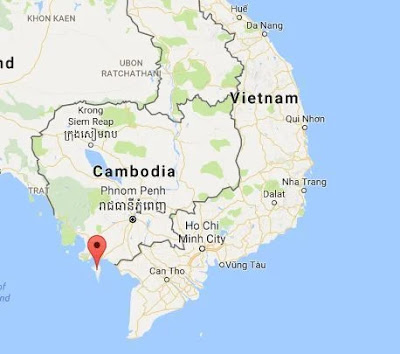Residents in the central province of Ratchaburi urge foreign tourists to wear face masks while travelling in Thailand because the Covid-19 situation is expected to be more serious during the High Season.
Channel 3 reported that they received a complaint from locals in Ratchaburi about the use of face masks among foreign tourists. Locals said that most Thai people still use face masks but foreigners don’t. Residents want officials to encourage foreign tourists to wear face masks.
Residents are worried about another Covid wave because more tourists are visiting Thailand now restrictions have been lifted. They believe another coronavirus outbreak could affect the economy again.
The government suggests people wear face masks in crowded public areas such as the Metro and BTS but face masks in Thailand are no longer compulsory. Most Thai people and business owners in the province think it is fine for foreigners to drop their face masks.
A Thai tour guide, Patsayu Thianjam, told the media that he still wears a mask in the public place but could not force anyone to wear a face mask.
Patsayu added that if foreign visitors do not want to wear masks then that is fine with him, he says he is happy more tourists from across the world are visiting Thailand once again.
A seller at the floating market, Usarat Onsooddee, said…
“I do not care much about the face mask or the infection. It depends on them. If they don’t wear it, it’s totally fine for me. Covid is just a disease. It can be treated. We can’t make a living if we think too much. It has been three years and no one cares for us. Getting infected and making a living is better than starving to death.”
Usarat added that the market had seen an influx of more visitors. She reckons tourism is at about 50% of the pre-pandemic total.
A doctor from the Ratchaburi Provincial Public Health Department, Pajaree Areelop, said…
“We can’t force anyone to wear a face mask because there is no law or restriction as in the past, and the situation changes. What we can do is ask for cooperation and protect our own health. The official health department still encourages people to wear a face mask. However, the concern over health conditions and the economic situation should be balanced. We opened the border for the economy to recover. Locals, sellers, and business owners who were worried about the infection can put their masks on to protect themselves.”
Source - The Thaiger
YOUR AFFILIATE / REFERRAL LINK HERE
.
















